While Artificial Nutrition can be a life-saving treatment for people who are unable to consume food orally or through a feeding tube, there are risks associated with this type of treatment.
Some of the risks of TPN include:
Infection: The insertion of a catheter into a vein can increase the risk of infection. Infections can occur at the site where the catheter enters the body, or they can be more serious bloodstream infections.
Electrolyte imbalances: TPN can cause imbalances in the levels of electrolytes in the body, such as sodium, potassium, and calcium. These imbalances can lead to a range of symptoms, including muscle weakness, heart palpitations, and seizures.
Liver dysfunction: Long-term use of TPN can lead to liver dysfunction, which can cause liver damage or failure. This is because the liver is responsible for processing the nutrients in TPN, and if it is overwhelmed with the amount of nutrients it needs to process, it can become damaged.
High blood sugar: TPN can cause high blood sugar levels, particularly if it contains high levels of glucose. High blood sugar can lead to a range of complications, including diabetes and kidney damage.
Blood clots: People who receive TPN may be at increased risk of developing blood clots. This is because TPN can cause the blood to become thicker, which can increase the risk of clots forming in the veins.
It’s important to note that these risks are not always present, and that Artificial Nutrition can be a life-saving treatment for people who need it.







